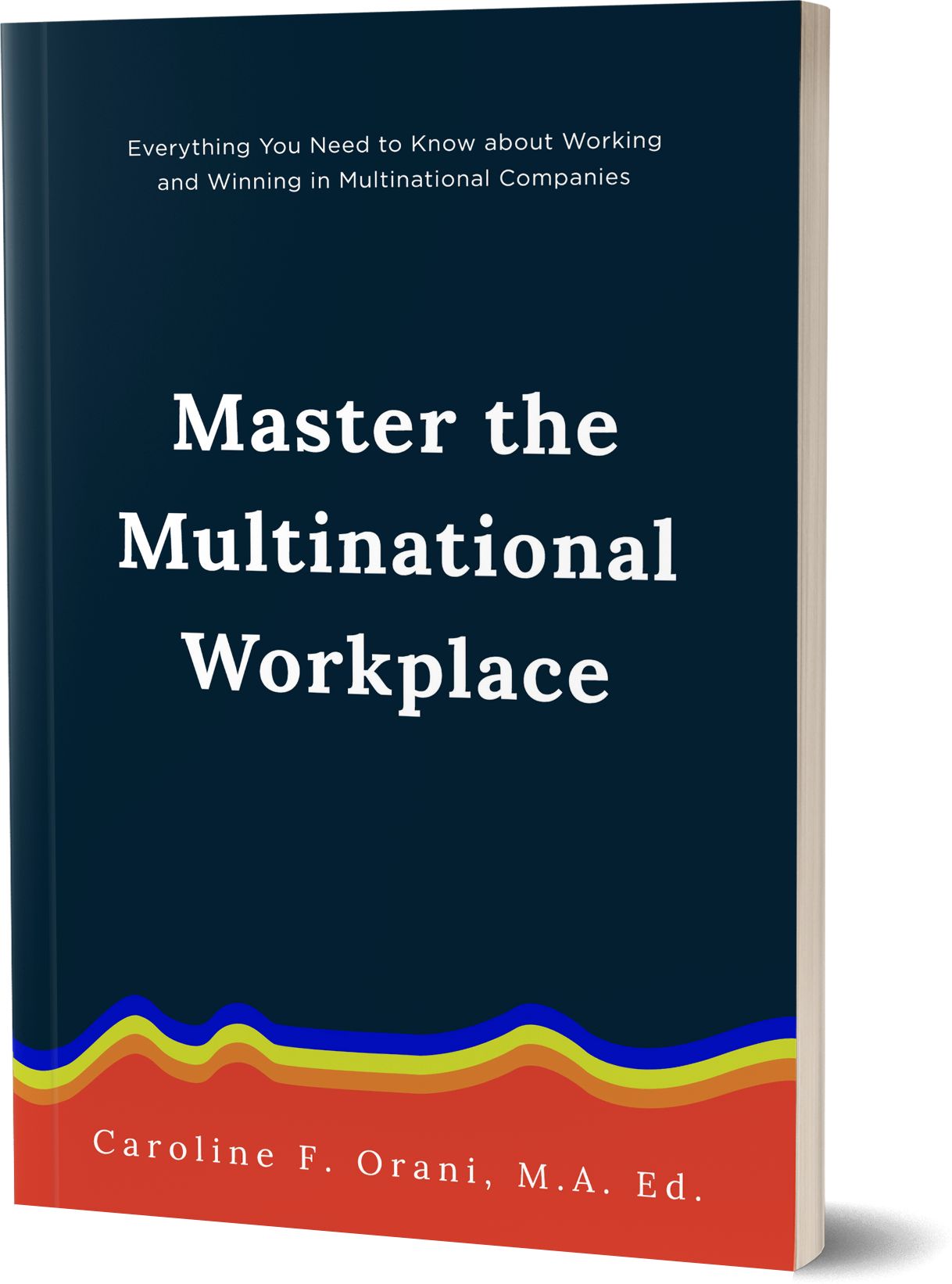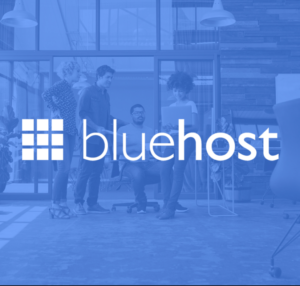Does Your Company Promote Inclusive Business?
I came to know about the conference through CSR Asia www.csr-asia.com. Representing my m company at the time, I attended the IBAF to learn about how the big leaders who attended the event would seek to help the poor. The conference was sponsored by the ADB in partnership with the World Bank Group’s International Finance Corporation (IFC), the Inter-American Development Bank (IADB), the UNDP Business Call to Action (BCtA) program, the World Business Council for Sustainable Development (WBCSD), the Inclusive Business Action Network (IBAN), CSR Asia, the government of Sweden (through SIDA), and Credit Suisse.
Needless to say, the event was jam-packed.
This conference was attended by the CEOs and top ranking executives of their respective organizations. These included Ms. Naina Suberwal Batra, the CEO of Asia Venture Philanthropy Network based in Singapore; Mr. Eric Berkowitz, Head of the Asia team of Bamboo Finance and board of several portfolio companies; Mr. Joost Bilkes, Vice President for the Microfinance and Impact Investments group Asia Pacific of Credit Suisse; Ms. Penny Burtt, Vice President for Government Affairs and Public Policy for VISA, and; Mr. Lito Camacho, Managing Director and Vice Chairman of Credit Suisse Asia, among others. I was actually overwhelmed because I wasn’t a CEO, I just wanted to learn new concepts and see what the differences are between corporate social responsibility (CSR) programs and inclusive business.
These illustrious speakers showed how the private sector supported inclusive business through their business models and programs. Government agencies of different countries came and supported inclusive business as well. I learned that in India, CSR programs related to the company’s nature of business is a requirement for large companies before they can operate. Even international banks support inclusive business and they have several models being implemented.
Even in the Philippines, there are many large companies who do inclusive business without even knowing it!
So what is inclusive business? And is it different from a company’s CSR?
After attending the IBAF, I learned that CSR programs are designed to help community indigents identify their needs and the concrete ways of how to help uplift their way of life. CSR programs may or may not be related to the business nature of the company.
Meanwhile, inclusive business means including the poorest of the poor in the business operations of the company by creating a business model that is integrated or very much related to how the company does business. The main goal of inclusive business is poverty eradication.
To be an inclusive business, a thriving and sustainable company has to have, at its core, business models that provide “in-scale innovative and systemic solutions to the relevant problems of the poor and low income groups (Base of the Pyramid-BoP); the bottom 40-60% income groups.” The G20 framework on inclusive business distinguishes between IB models, IB activities, and IB initiative.
I believe one of the reasons why the forum was held was for information dissemination of the current trend in helping the poorest of the poor.
In general, Filipino business owners and entrepreneurs may not be aware that there is a sure ROI (return of investment) for companies who include uplifting the poorest of the poor in their corporate strategy and business operations. Inclusive business promotes business success, due to the law of attraction stating that generosity is given back a hundred fold.
The Forum successfully showed that companies using the inclusive business model produced a high return of investment. This even included those companies that initially came from losses or break even figures.
All in all, it was a great learning experience for me.
Do you want to successfully achieve your #CareerGoals?

Honesty is the best Policy
Honesty is the best policy. This adage is very popular in the Philippines. It is taught even in my early years in school. It is said that a person who is honest always wins his battles. A few years ago, I was tasked to handle the recruitment of ...
Demotion: Demoralizing or Not?
Demotion is the movement of an employee from one job to another of lower rating, employment status, or rank. From Schalk and Rousseaur’s perspective on psychological contracts, we know that the effects of demotion on one’s health depends on how we perceive the...
The Challenge of Counseling
Counseling is a specialized skill. If you want to be a counselor, you will need higher formal education because you need both theory and application to sharpen your knowledge. This is one of my learnings in my Master’s degree thesis entitled...

Caroline Orani is the lead consultant at Corporatenuances Publishing and Consulting in the two services being offered –Compensation Structuring Service and Seminar-Workshop on Workplace Success. She is an HR author, publisher, speaker on workplace success, and Compensation and Benefits Consultant. She has 16 years of experience in different industrial settings in Human Resources Training and Management. Rising from the ranks, she has served in various capacities such as Human Relations Manager, Training Manager, Skills Development Manager, Recruitment Manager, and Corporate Social Responsibility Programs Manager.
She is the author of the book Master the Multinational Workplace: Everything You Need to Know about Working and Winning in Multinational Companies. This is an easy-to-read book that talks about thriving in any workplace but with an emphasis in multinational environment. She wrote the book with the belief that the Filipino workforce will find hope that it is still possible to live comfortably in the Philippines. Multinational companies provide outstanding compensation and benefits, and this uplifts the way of living of the Filipinos. She presented in Chapter II the job levels and this chapter talks about the level of difficulty and importance of jobs in the organization. In Chapter VII of the book, she talks about how jobs in the organization are priced. Companies may use the sample provided in creating their own salary structure or may opt to ask the service of the author to do the creation of their salary structure. Assessing, structuring and pricing jobs are unique to every industry. Compensation and benefits include basic pay, incentives and benefits. Pay packages vary based on the financial capacity of the company to pay. Structured basic pay is the end result of the compensation consulting service; incentives and benefits are recommended upon the client’s request. Other areas to have in-depth overview of the ins and outs of a multinational workplace are presented in other chapters. The printed copy of the book is available at National Bookstore and Powerbooks in the Philippines.
For seminars, talks and consultations Caroline can be reached at info@corporatenuances.com. Visit https://www.corporatenuances.com for more information.










Hi there Dear, are you genuinely visiting this web site on a regular basis,
if so afterward you will definitely obtain good know-how.
Cheers!
Hey There. I found your blog the usage of msn. This is a very
neatly written article. I’ll make sure to bookmark it and return to read
extra of your helpful information. Thank you for the post.
I’ll certainly comeback. asmr 0mniartist
Great!
Great delivery. Sound arguments. Keep up the good
effort.
Thank you!
I do not know if it’s just me or if everybody else encountering issues with your website.
It appears as if some of the text in your content are running off the screen. Can someone else
please provide feedback and let me know if this is happening
to them too? This could be a problem with my internet browser because I’ve
had this happen previously. Many thanks.
This website is loading fast in any browser in my computer. Cheers!
Excellent issues altogether, you just won a new reader.
What could you recommend about your submit that you just made some days ago?
Any certain?
Thank you!
It’s amazing in favor of me to find a website like this, which is useful in support of my experience.
Thanks admin.
Thank you!
Woah! I’m really loving the template/theme of this blog.
It’s simple, yet effective. A lot of times it’s tough to get that “perfect balance” between superb usability and appearance.
I must say you’ve done a awesome job with this. Also, the blog loads super quick for me on Firefox.
Exceptional Blog!
Thank you very much for very nice perception of this blog article. Kudos to my website designer. Cheers!
Thanks for sharing your thoughts about this topic.
Regards
You are most welcome!
Thank you for sharing your thoughts. I really appreciate your efforts and I will
be waiting for your next write ups. Thank you once again.
You are welcome. Keep reading here at https://www.corporatenuances.com/blog/
Cheers!
Nice info. I need to spend a while studying
much more or working out more. Thank you for great info I used to be in search of this information for my mission.
I wish you good luck in your mission. Cheers!
Thanks for sharing your thoughts. Regards
Great post. Keep posting such kind of information on your site.
I’m really impressed by your blog.
You really make it appear so easy along with your presentation however
I in finding this matter to be really something that I think I’d by
no means understand. It seems too complex and extremely huge
for me. I’m taking a look ahead on your subsequent publish, I’ll
attempt to get the hang of it!
Hey are using WordPress for your site platform? I’m new to the blog
world but I’m trying to get started and set up my own. Do you need any coding expertise to make your own blog?
Any help would be greatly appreciated!
Yes, this website is using WordPress.
Write more, that’s all I have to say.
Keep learning here at https://www.corporatenuances.com/blog/
I’m truly enjoying the design and layout of your website.
It’s a very easy on the eyes which makes it much more
pleasant for me to come here and visit more often. Did
you hire out a developer to create your theme?
Outstanding work!
Kudos to my website designer. Cheers!
Link exchange is nothing else but it is only placing
the other person’s webpage link on your page at appropriate place
and other person will also do same in favor of you.
Keep on writing, great job!
Thank you!
Hi, after reading this remarkable article I am too happy to share my knowledge here with friends.
Great article! That is the type of info that should be shared
across the internet.
Thank you =)
Howdy! This is my first visit to your blog! We are a group of
volunteers and starting a new project in a community
in the same niche. Your blog provided us useful information to work on.
You have done an outstanding job!
Each time I used to read smaller posts which also clear their
motive, and that is also happening with this post which I am reading here.
I look forward to brand new updates and will share this blog with
my Facebook group. Talk soon!
Hello there, I found your website by the use of Google while
searching for a similar subject, your website came up, it looks great.
I have bookmarked it in my google bookmarks.
Cheers!
I’m curious to find out what blog platform you
happen to be working with? I’m having some minor security problems
with my latest site and I would like to find something more safe.
Do you have any suggestions?
This website is using WordPress Blog Platform and Bluehost web hosting.
This paragraph provides clear idea in support of the new visitors of blogging, that in fact how to
do blogging.
Pretty! This has been a really wonderful post. Thank you for supplying this info.
Great blog.
It’s not my first time to visit this site, I am visiting this web site daily and get fastidious facts from here daily.
Hey there just wanted to give you a quick heads up.
The text in your content seem to be running off the screen in Chrome.
I’m not sure if this is a formatting issue or something to do with web
browser compatibility but I figured I’d post to let you know.
The design look great though! Hope you get the issue solved soon. Thanks
This is just based on website activities. Check again and it is okay the second time.
Enjoy reading!
Hi everyone!
Are you interested to migrate to Bluehost hosting service? here are the steps:
1. Click this link https://bluehost.com/track/caylie/migration?page=wordpress-site-migration and select your plan and create a bluehost account.
2. Next, go to the migration services page in Bluehost Marketplace, enter the name of the site you plan to migrate, and run a quick compatibility check.
3. Then Bluehost will guide you to Bluehost Migration plugin, where you can start the migration process.
4. After you’ve started the migration, Bluehost team of experts will contact you to help complete it. Then you’ll have the chance to review your site and finalize the transfer.
5. Once your migration is done, you’ll be ready to connect your domain to your website (aka point your DNS).
Why Migrate to Bluehost?
Bluehost is committed to provide WordPress excellence with a wealth of helpful tools and expert guidance to set your website up and running quickly. From the moment you create your account, to when you are finally ready to publish your contents. Bluehost hosting service is the only hosting provider that offers a better all in-one WordPress experience.
Thank you Bluehost for the opportunity to receive affiliate commission for every click of Bluehost link in this blog page and successful Bluehost account creation. Affiliate commission will help this blog page to run continuously for free reading to all visitors. We are satisfied with your product services that’s why we keep on promoting Bluehost.